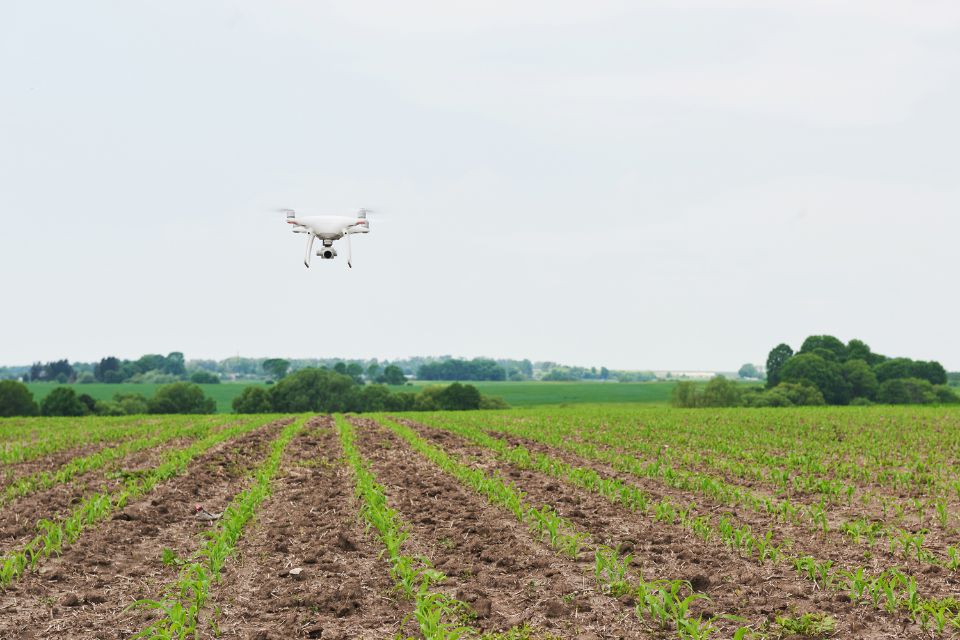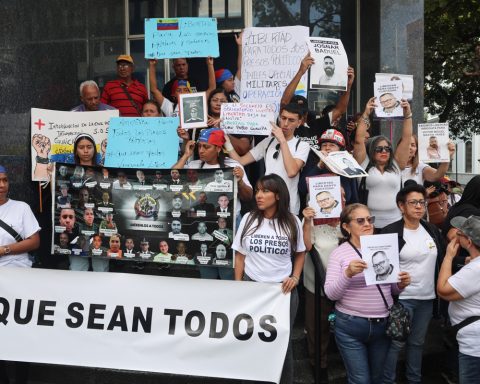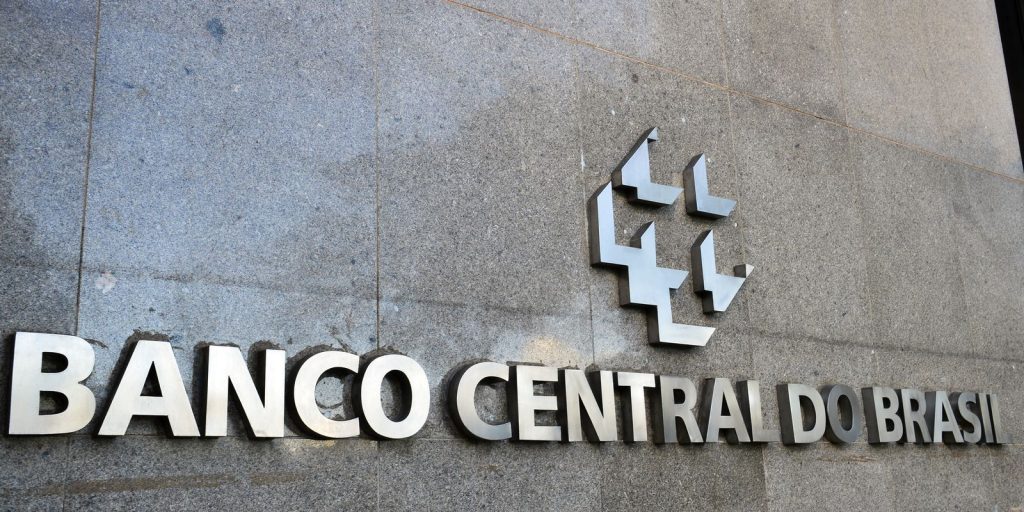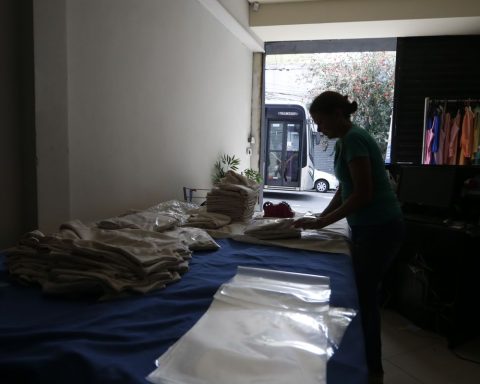The agricultural sector indicates that the Decree 3,920 – which expired in December 2023 – and which exempts them from paying Income Tax translates into greater development of primary activity and greater food production for the country. But to date they do not know if it will be renewed
The agri-food sector remembers that in order to promote its development, in 2000 the first Income Tax Exemption Decree (ISLR) was promulgated for the primary sector (Decree No. 838, July 18, 2000). A measure renewed several times until 2023.
“This policy has proven to be an effective tool to promote investment and growth in the sector, which according to official figures reached 5% in 2022. The exemption from the ISLR allows producers to reinvest their profits in the modernization of their production unitsthe acquisition of new technologies and the improvement of infrastructure,” reads a press release.
The sector points out that this exemption translates into an increase in productivity, greater efficiency in processes and a boost to innovation in the field and that it is not a decree that is granted indiscriminately, in that sense, they indicate That to access this benefit, producers must demonstrate that they are reinvesting the amount equivalent to the tax in productive improvements and investments.
“This mechanism guarantees that the tax benefit translates into greater development of the sector and greater food production for the country. But the recent expiration of Decree 3,920 (December 2023), which established the exemption from ISLR for the agricultural sector, has generated uncertainty in the sector,” the statement notes.
Likewise, they warn that non-renewal would have negative consequences such as: affecting production costs, the reintroduction of the ISLR would increase the tax burden of producerswhich could translate into pressure on food prices and a disincentive to investment.
They also add that among the other problems that would arise from this decision would be the decrease in national food production, increasing dependence on imports, the negative impact on the economy, it would affect employment, the generation of foreign currency and economic growth.
“It is essential that the national government proceed with a new renewal of the ISLR Exemption Decree. This measure would not only benefit producers, but the entire nation, ensuring access to quality food and promoting the economic and social development of Venezuela,” the text concludes.
Post Views: 28

















